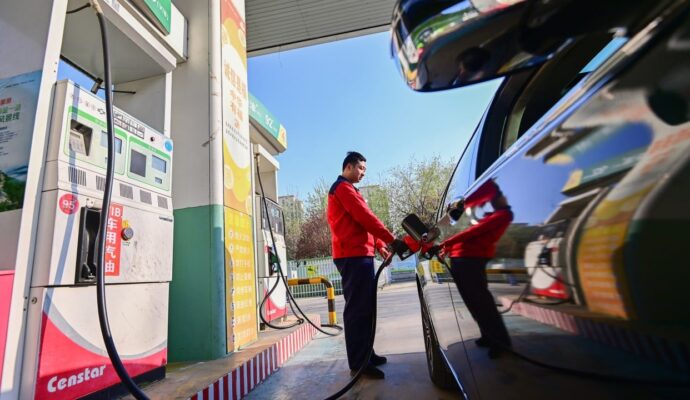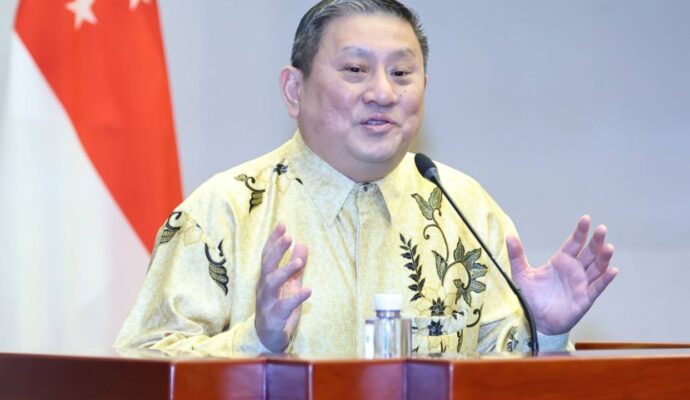Instead, there is a renewed emphasis on completing projects such as the Xiongan New Area project, which aims to relocate key institutions such as universities and state-owned enterprises from Beijing to a site about 100km (60 miles) from the capital; a controversial waste sorting scheme; and his “toilet revolution”, a project to build more public lavatories in rural areas.
Nis Grünberg, a China analyst with the Berlin-based think tank Mercator Institute for China Studies, said these projects were intended to be pilots for social development, which he called the “bread and butter of the Communist Party”.
“Now that the 20th party congress is over, the National People’s Congress is over, the new positions and leaders are settled. So it’s time to push the backbone policies a little bit further,” Grünberg said.
In recent weeks Xi has been especially active with regards to the Xiongan project, which he has described as a “plan for a thousand years”.
In early May Xi made a rare high-level inspection tour of the site of the new area in Hebei province, bringing with him a number of top government leaders, including three members of the Politburo Standing Committee, the party’s top decision-making body.
Grünberg said although Xiongan might not be at the very top of Xi’s priorities, it was “a prestige project” for him.
He argued “Xi wants to succeed to showcase China in the new era” by showing how “urbanisation, urban governance, social control, transport and all these developmental leapfrog issues can be showcased in one city”.
Shanghai’s waste recycling scheme was criticised as confusing to some residents. Photo: Xinhua
A meeting chaired by Shanghai party chief Chen Jining a few days later repeated Xi’s order, and said an “upgraded version” of the project would be implemented.
Meanwhile, an order to restart the toilet revolution was issued last month at a joint meeting of the Ministry of Agriculture and Rural Affairs and the National Rural Revitalisation Administration in Hebei province, the first of its kind for two years.
The campaign to improve public lavatories in rural areas was launched in 2015 with the goal of improving sanitation and the rural living environment, and fulfil the country’s commitment to the United Nations’ sustainable development goals. It is also included in the country’s latest five-year plan as a key area for rural revitalisation.
Alfred Wu, an associate professor at the Lee Kuan Yew School of Public Policy at the National University of Singapore, said these projects were not trivial.
“[Xi] has the motivation of doing something good [on public policy],” Wu said. “For projects such as clean toilets and sanitation, some might take it lightly but he takes it seriously. He was known for dealing with pollution during his stint in Fujian province, and people thought then that he might take this as a priority.”
Xi has committed the country to reaching peak carbon emissions before 2030 and achieving net zero by 2060.
However, these goals have to be balanced with the need to supply power to homes and businesses – a problem highlighted in late 2021 when a power crunch led to blackouts and saw more than half of China’s provincial jurisdictions imposing strict power-rationing measures to cope with the crisis.
“It’s like in other countries, it’s always a negotiation between different priorities,” Grünberg said. “And when you have a situation where you have a national security issue, such as energy security and supply, of course that gets ahead of decarbonisation.”
More broadly, Grünberg said that decarbonisation was not off the table but the policy was still being developed.
“But of course security and energy availability are more important or are valued more than getting away from coal as fast as possible. So that’s what we see now. It’s a delay, but it’s not really dropping the ball on decarbonisation,” he said.

